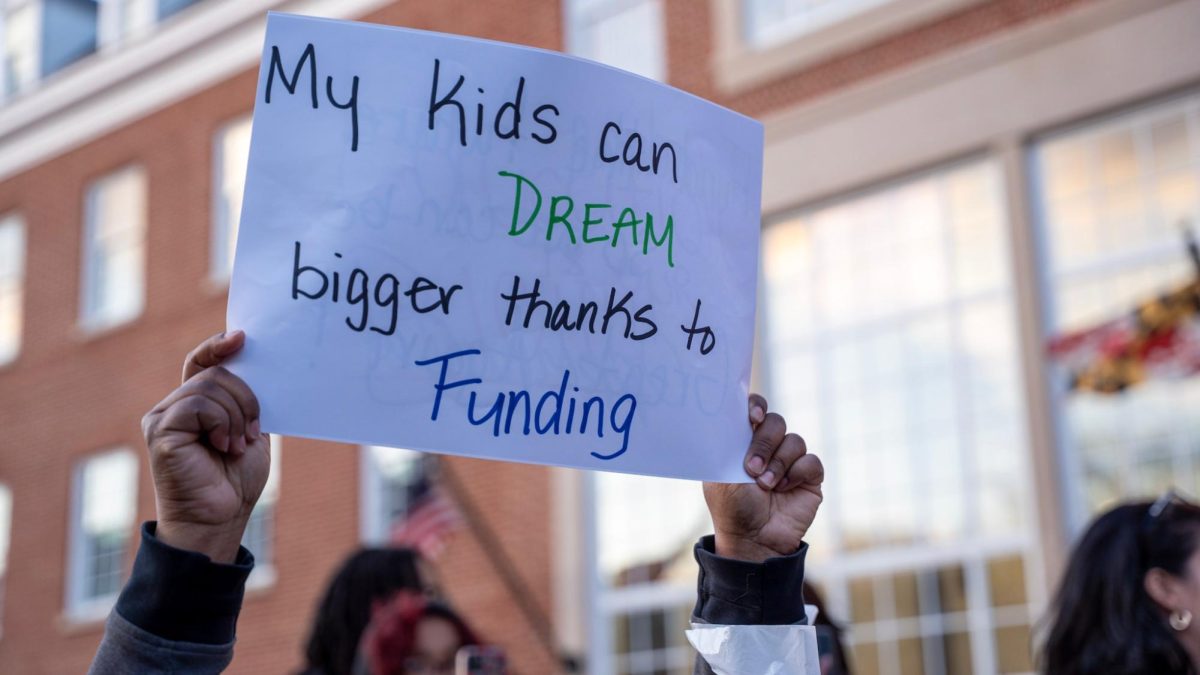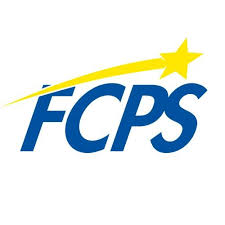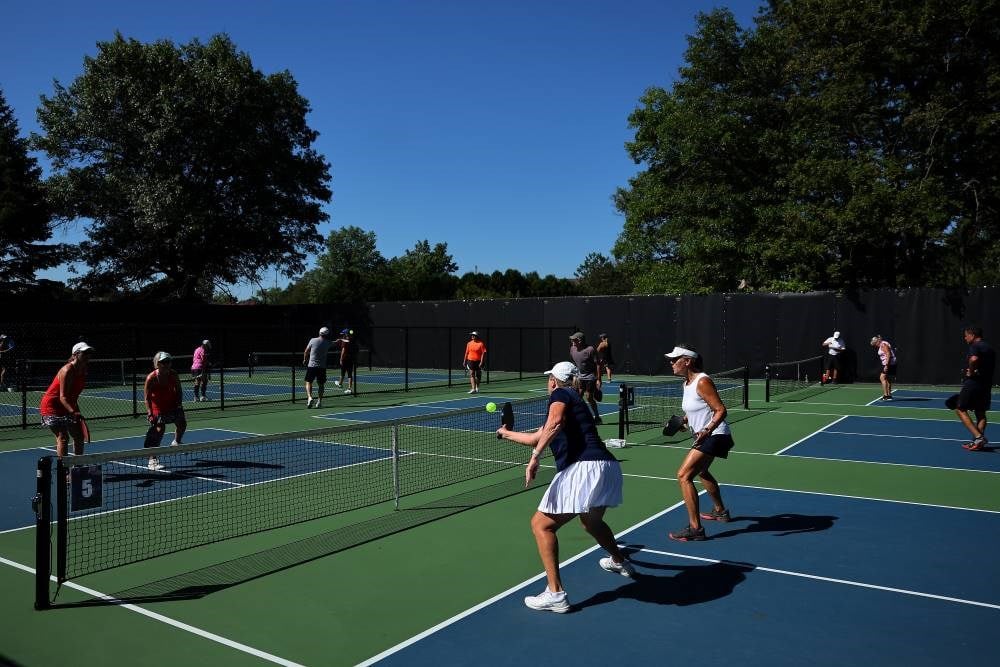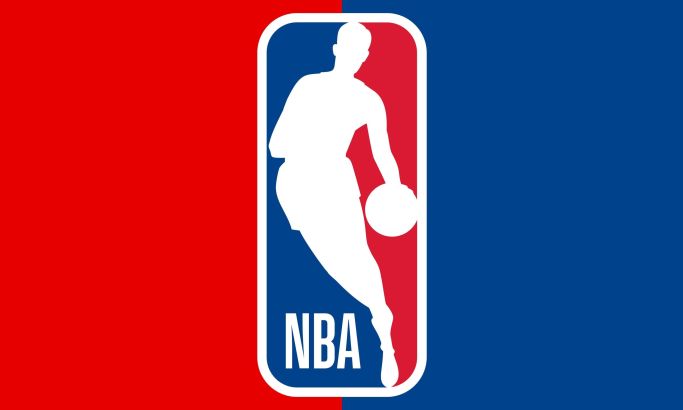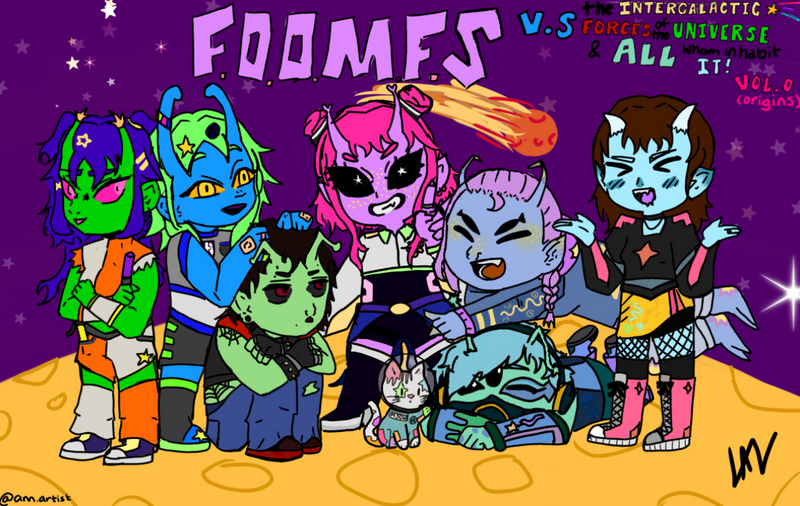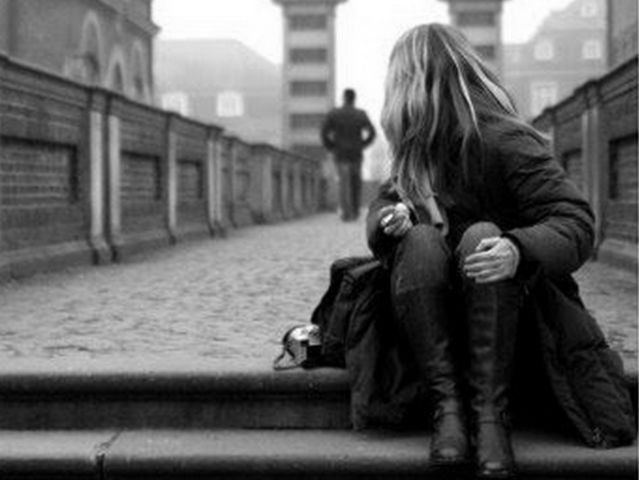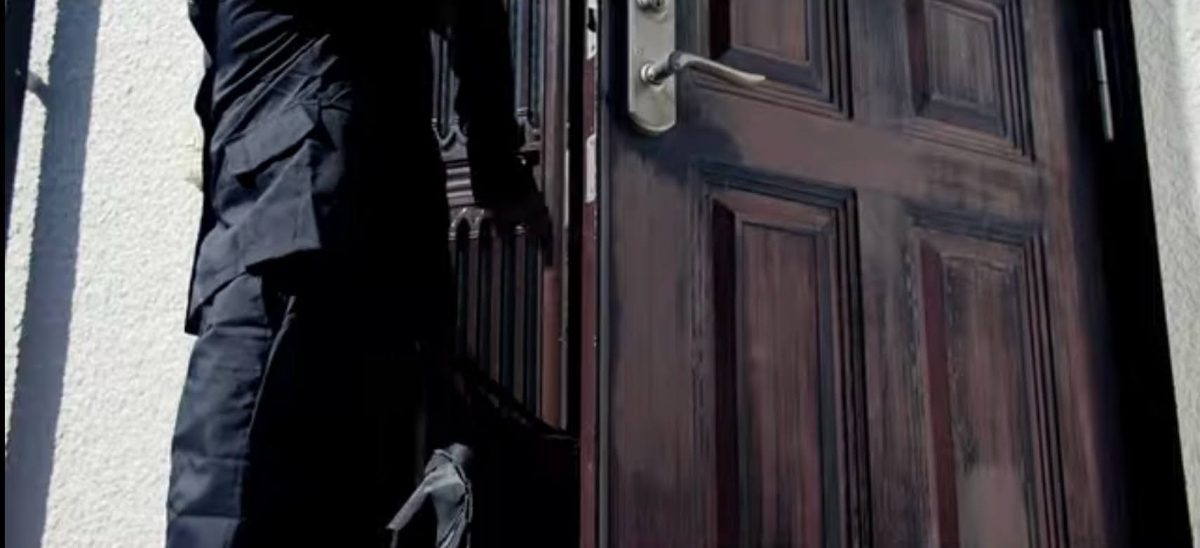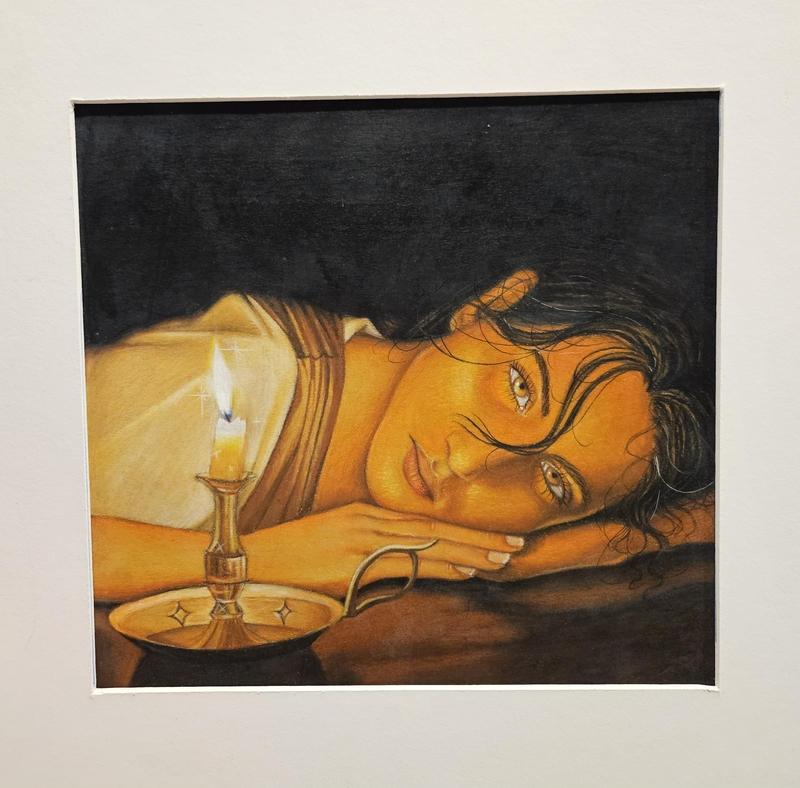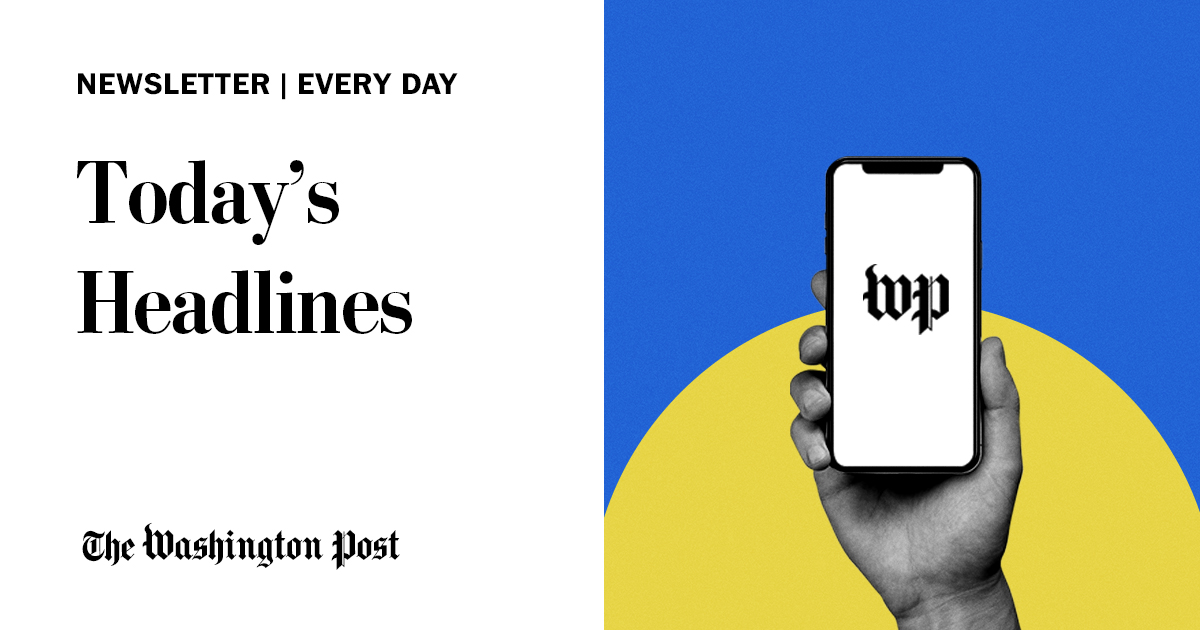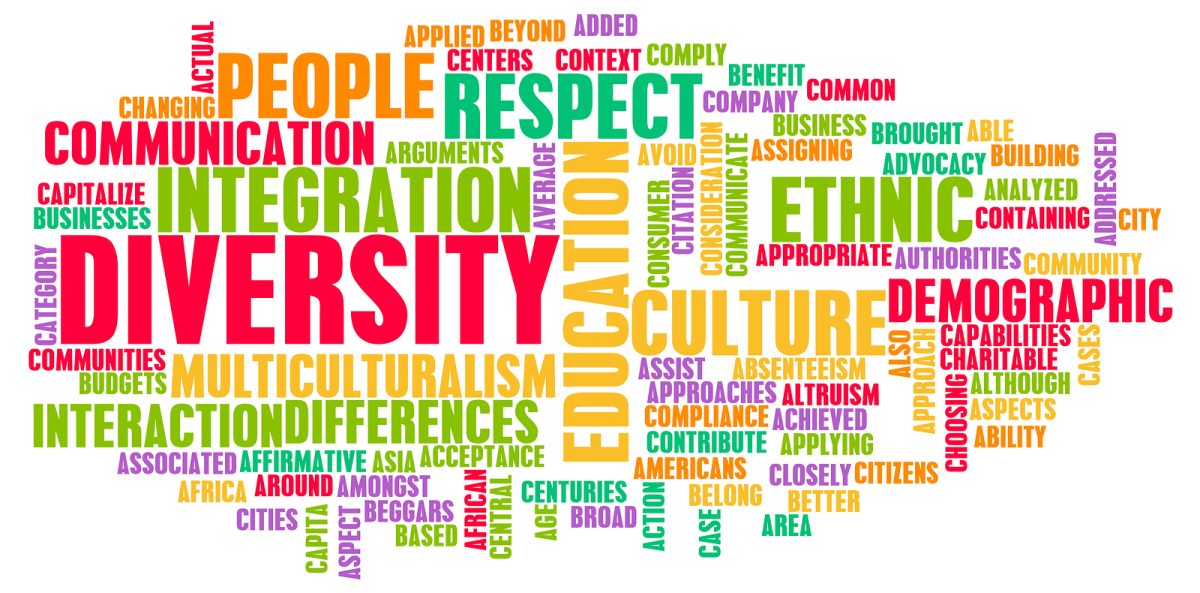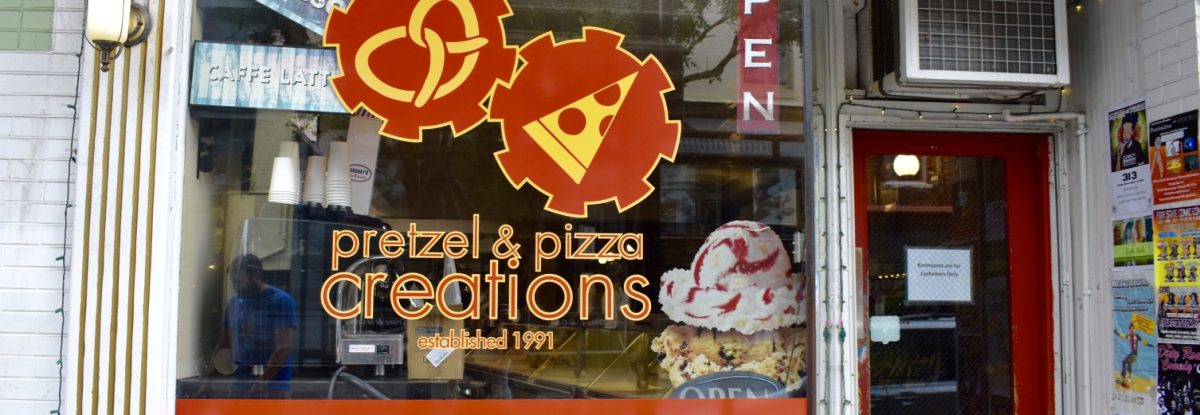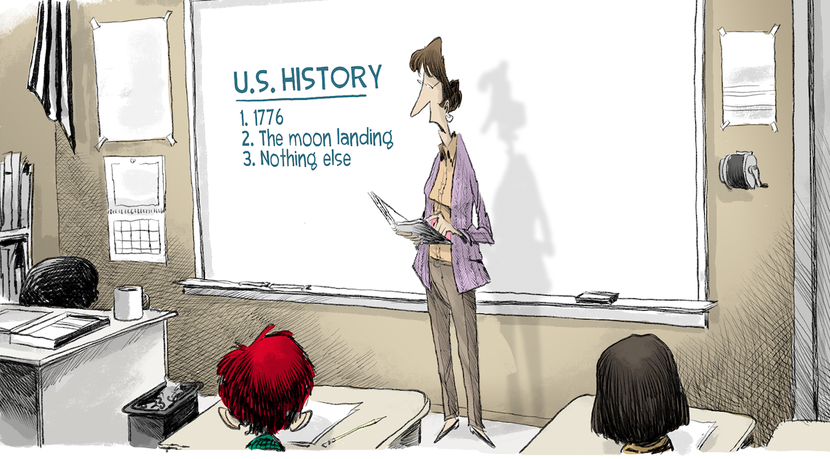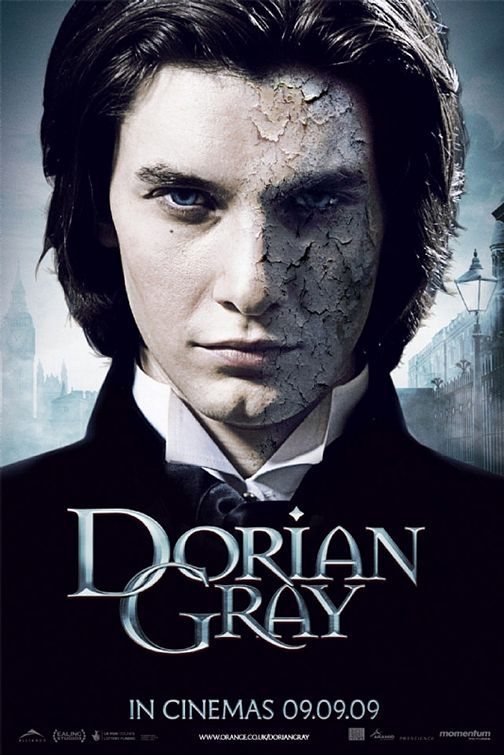Books are constantly being debated, and book censorship is one those many debate topics. The Board of Education has always banned books deemed as “inappropriate” for minors after parents have complained, but is this really what is best? Books play an important role in the development of children, and banning them would only negatively affect their development.
Most books that are banned highlight themes of race, gender, sexuality, religion and politics. Letting children have access to these books allows for children to learn and understand about different perspectives. Books with these topics that many adults may deem “uncomfortable” help children learn to be empathetic and express empathy towards others.
Rae Gallagher, a member of the FCPS Board of Education, has stated why she is against banning books. “The primary purpose of our public education system is to expose students to a variety of resources, perspectives and experiences to help them develop critical thinking skills and teach them how to think for themselves,” Gallagher explains.
Conservatives, on the other hand, often argue that these books qualify as pornography and have pornographic imagery. It’s argued that these books should be banned for the comfort of children.
Maryland Gov. Wes Moore (D) has stated his own opinion on why he disagrees with that claim, “It’s not about making kids feel uncomfortable. It’s about telling other kids that they shouldn’t understand their own power.”
Being exposed to these different stories and perspectives helps children become aware of their surroundings and formulate their own thoughts. It allows for kids to understand the power their words and actions hold. Banning books makes it harder for children to develop these critical thinking skills.
Luckily, there are ways to protest against book banning, such as supporting anti-book ban organizations, speaking out and writing to the school and Board of Education.
